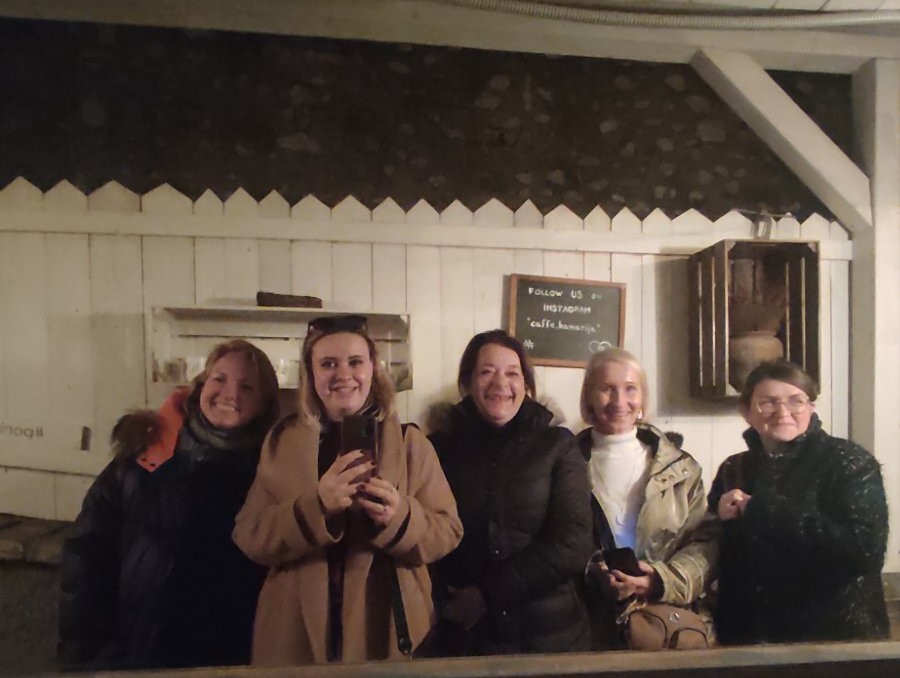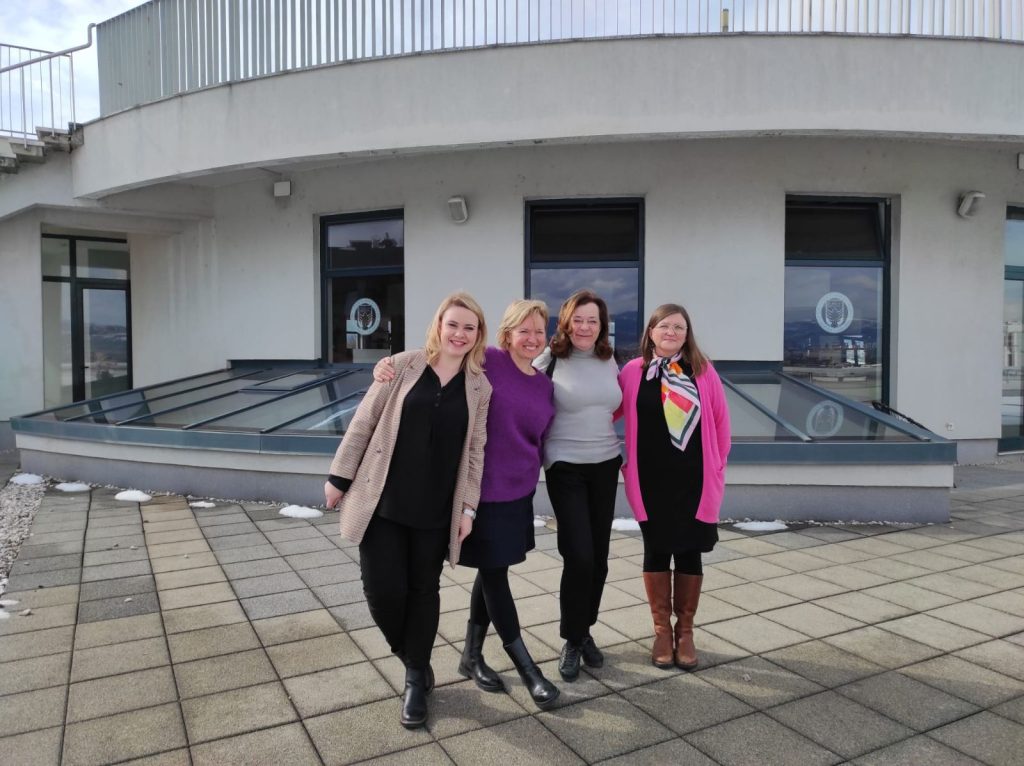By Caitriona Delaney, TU Dublin
In March this year (2023) I traveled to Sarajevo to conduct focus groups at SSST as part of my role as a member of the EDIRE consortium TU Dublin team. This was my first visit to Bosnia Herzegovina and getting there was rather difficult! I have been interested in the Balkans since the 1990s and vividly remember when the war began. Family members had visited what is now Croatia in the late 1980s for a religious pilgrimage so perhaps oddly for someone from rural Ireland I was very intrigued by the region.
When I arrived in Sarajevo, I was struck by how different it is to other European cities I have visited. The real mix of experience, history, and culture is practically immediately apparent after a stroll around the city centre. And at the risk of being trite, Sarajevo is an incredibly friendly city.
On my second day there I went into a restaurant in the old town and ended up chatting to a man who paid for my lunch! The Islamic influence including the number of mosques throughout the city are again a reminder of perhaps the unique social and geographical position of Sarajevo and indeed the Western Balkans more broadly speaking.

My sense of Sarajevo being distant within Europe that I felt as I experienced the city for the first time arguably connects with one of the key findings from the focus groups that I conducted during my visit. Namely, some of the staff at SSST find it difficult to form professional networks and to access funding outside of SSST and outside of BiH. These social and geographical distances and separations discussed during the focus groups are felt on many levels and in many aspects of people’s professional and personal lives. The focus groups explored the experiences of gender differences/gender discrimination in SSST and were conducted across two days at SSST, firstly with management and senior researchers and secondly, with early career researchers.
Respondents across both focus groups noted that SSST is a good place to work and that they enjoyed the strong sense of collegiality present at the university. Interestingly, many of the academic staff who took part in the focus group shared how they had made a purposeful decision to come teach and conduct research in BiH because as members of the Bosnian diaspora they wanted to ‘return home’ and share their knowledge.

From my brief visit to Sarajevo and time spent with my Bosnian colleagues, I can understand the draw to return to Sarajevo. Indeed, I hope to get the opportunity to return to this amazing city and to see more of this very interesting country.
